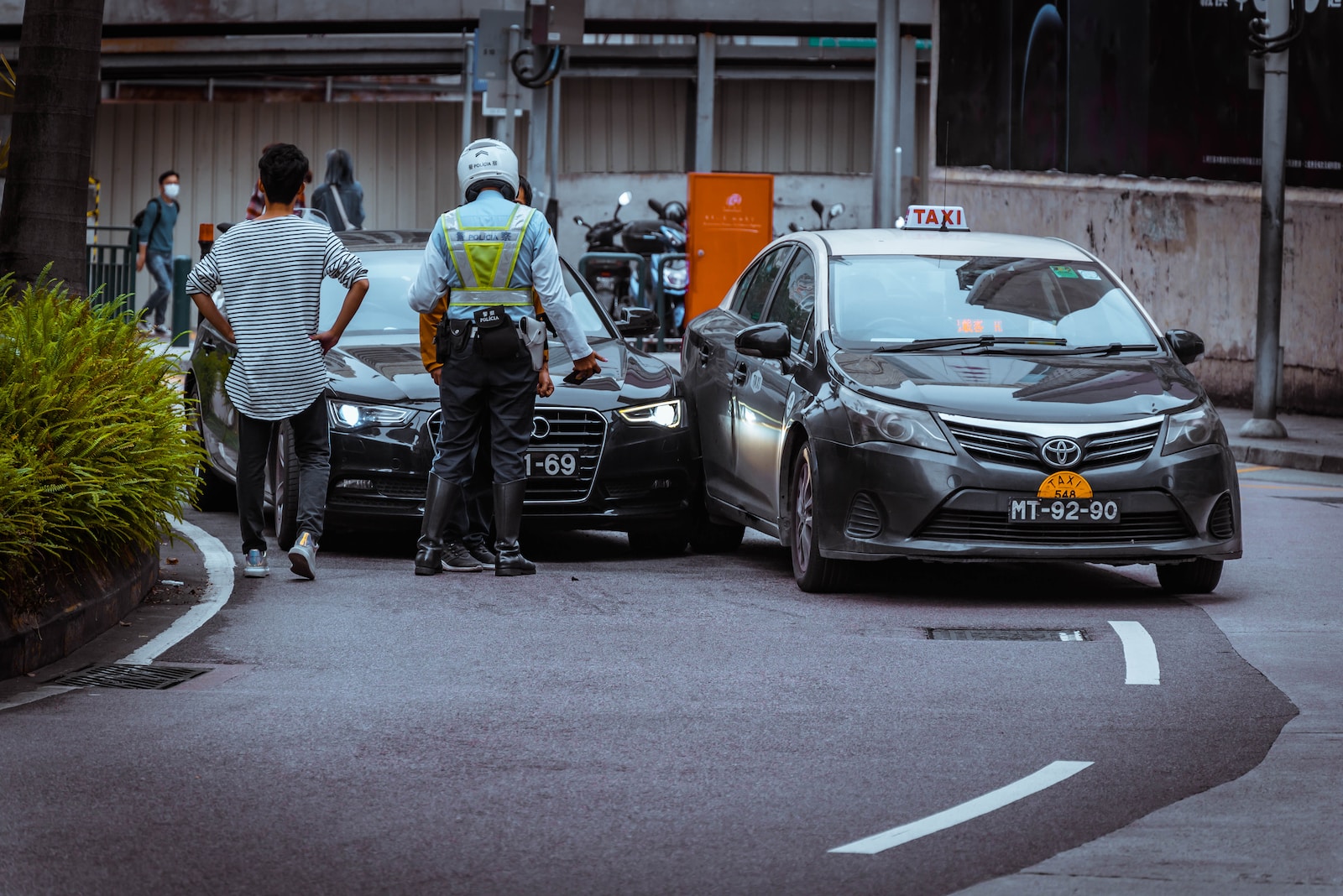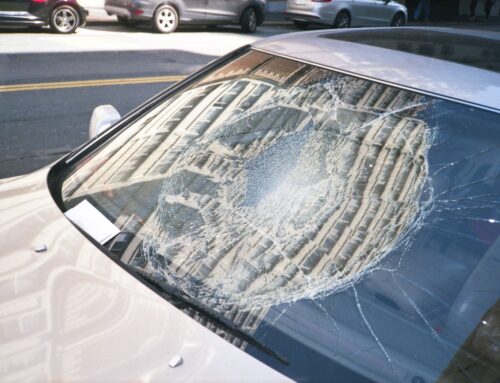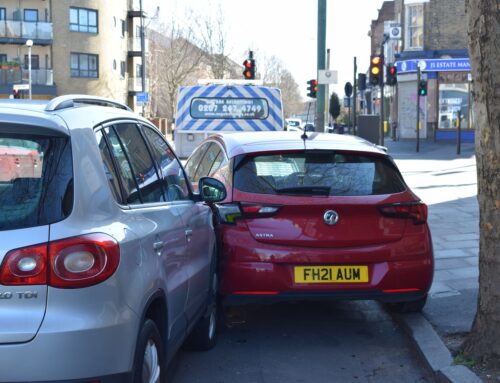Car accidents can be stressful and frustrating, especially when caused by another driver. You might wonder whether your car insurance will cover the damages and expenses incurred in such situations. In this guide, we will address this frequently asked question and provide you with the information you need.
Adequate insurance coverage
If you have the appropriate coverage, your car insurance will cover accidents caused by another driver. The key coverage in this situation is “uninsured/underinsured motorist coverage” (UM/UIM). This type of coverage protects you when you are involved in an accident with a driver without insurance or insufficient coverage to fully compensate you for your damages. UM/UIM coverage is typically an optional add-on to your car insurance policy, so it’s important to check if you have it.
What to do after the accident
If you’re involved in an accident caused by another driver, follow these steps:
- Ensure your safety: Move your vehicle to a safe location, away from traffic if possible and check if anyone involved needs medical attention.
- Document the accident: Take photos of the scene, including any damages to your vehicle and the other driver’s vehicle. Exchange contact and insurance information with the other driver.
- Report the incident: Contact the police and file an accident report. This documentation will be helpful for your insurance claim.
- Notify your insurance company: Inform your insurance provider about the accident immediately. They will guide you through the claims process.
Impact on insurance rates
In most cases, if you’re not at fault for the accident, your insurance rates are unlikely to be affected. However, it’s important to check with your insurance company to understand their specific policies regarding rate increases.
Tips to avoid accidents
While you can’t control other drivers’ actions, you can take precautions to minimize the risk of accidents:
- Defensive driving: Stay alert, maintain a safe distance from other vehicles, and anticipate potential hazards.
- Obey traffic laws: Follow speed limits, use turn signals, and stop at red lights and stop signs.
- Avoid distractions: Keep your focus on the road and avoid activities like texting or eating while driving.
- Be visible: Use your headlights appropriately, especially during unfavorable weather conditions or at night.
- Plan your route: Use GPS devices or maps to familiarize yourself with the route beforehand, reducing the chances of sudden lane changes or missed turns.
By following these guidelines and having the right insurance coverage, you can protect yourself and your vehicle in the unfortunate event of an accident caused by another driver. Review your policy regularly to ensure it meets your needs and offers adequate protection.





